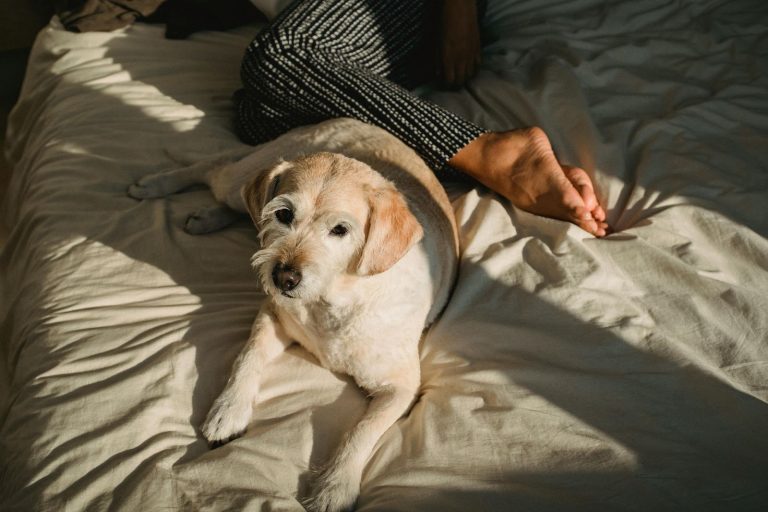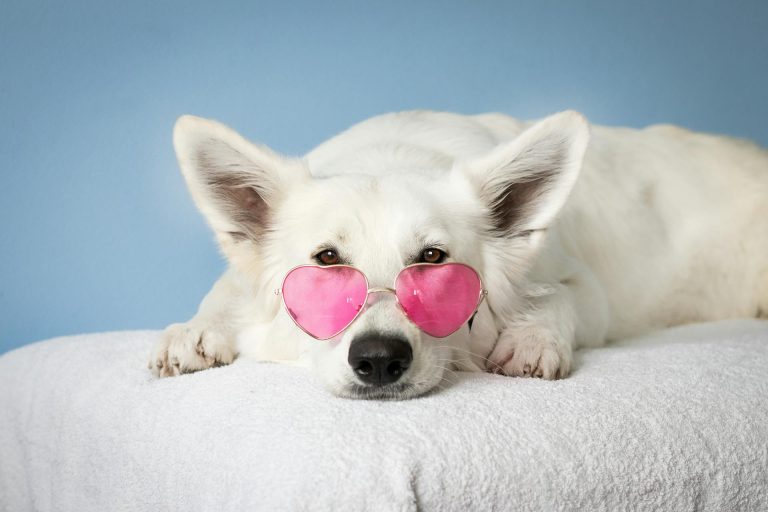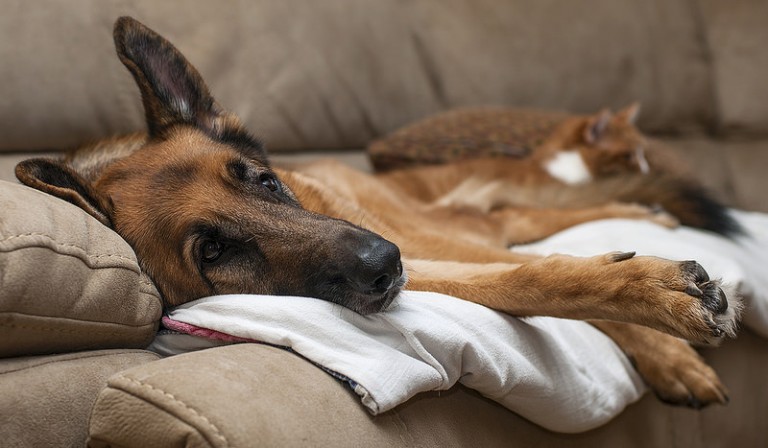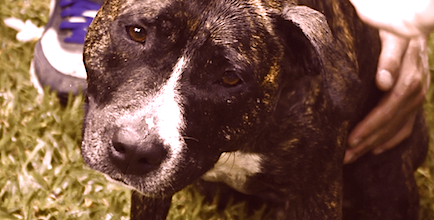5 Popular Products That Shouldn’t Be in Homes With Pets
Are any of these common household items in your home?
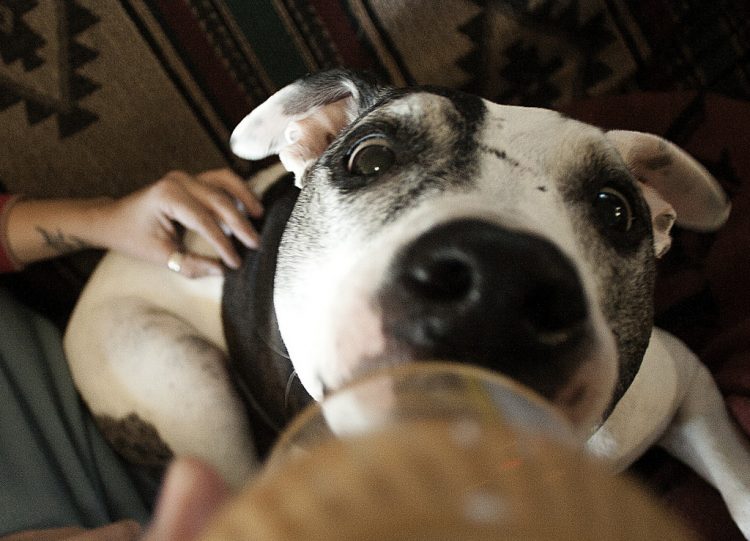
Our pets can get into anything in a matter of seconds.
So it’s up to us to pet-proof our homes. Obvious items needing “proofing” include sharp objects, electrical cords and cleaning supplies such as bleach.
But there are some common, everyday items that you may not even think about — with deadly consequences for your pet.

Don’t leave your pet’s safety to chance
Sign up for Petful recall alerts today.

1. Gorilla Glue
Who doesn’t have Gorilla Glue in their house?
I do, and so did one Oklahoma family. The Wilsons borrowed Gorilla Glue from a family member to complete some household projects, and their 6-month-old weimaraner, Lake, found it and ate some.
The glue expands as it hardens — meaning Lake’s stomach expanded with it. “So, the glue, once it gets to the stomach, it slowly starts expanding. You can see here, it’s the perfect shape of a stomach, so you get a mold,” Dr. Leonardo Baez, DVM, of Midtown Vets in Oklahoma City told reporters.
Without surgery, Lake would have certainly died.
Gorilla Glue, I think I’m banishing you from my house.
2. Laundry Pods
These pods are handy when it comes to doing laundry. No measuring, no fuss, no muss.
But they can also be deadly for your pet. These pods are brightly colored, like a toy. The outer “shell” dissolves when it comes into contact with moisture, and it’s not picky — any moisture will do, including saliva.
“Just 1 ‘bite’ and the detergent can fill a pet’s oral cavity, be immediately swallowed or be inhaled into the respiratory tract — causing aspiration pneumonia and serious lung damage,” writes Petful’s Dr. Debora Lichtenberg, VMD.
“This is very serious, particularly for cats and small dogs with limited lung capacity. These pets can go into respiratory distress.”
3. Peanut Butter Containing Xylitol
I know what you’re thinking — “But I give Fritz peanut butter all the time, and he’s fine!”
And that’s likely the case. Some peanut butters are perfectly fine to give to your pet. But others have been introducing the chemical xylitol into their recipes.
Xylitol is a sugar substitute and, according to the Wall Street Journal, it’s 100 times more deadly to dogs than chocolate is. Preventative Vet has a running list of items, including the nut butters that contain xylitol, on its website.
4. Salt Dough
Salt dough is easy to make and a fun crafting item for ornaments or sculptures. But, as one family found out last Christmas, salt dough can be deadly for pets if consumed.
Hope and Larry Pospisil of Pennsylvania crafted a salt dough ornament with their baby, Alice, as a fun Christmas activity. Unfortunately, their 2-year-old dog, Lexi, ate the ornament while the family wasn’t looking. At first, Lexi seemed fine, but just a few hours later, they were shocked to discover her seizing and foaming at the mouth.
“We rushed her to the vet, but it was already too late. She had already received brain damage from the high sodium levels of the salt that was in the dough for the ornament,” Larry recounted in a Facebook post. They euthanized Lexi just before Christmas.
When crafting or creating at home, consider the ingredients you’re using and how they might affect your pets. Do you really need salt dough in your home?
5. Topicals
Many of us use lotions and creams regularly. However, these topical items can be dangerous for your pets if absorbed or ingested. For example, topical female hormones can cause multiple health problems in your pet such as:
- Hair loss
- Early heat
- Enlarged genitalia
- Skin irritations
Dogs who ingest large quantities of products intended for human use can suffer other effects as well. Desitin, a popular diaper rash ointment, has zinc oxide as its active ingredient. Zinc is toxic for pets when consumed in large quantities.
If you do keep topicals in your home, read the labels carefully for the ingredients. After applying topicals, don’t touch or hold your pets until the topicals are absorbed or dried. If you suspect your pet has consumed or been exposed to a topical that you are unsure of, contact your veterinarian immediately.
There is a lot more to pet-proofing our homes than just hiding away the sharp objects and exposed wires. Dogs, cats and other animals can be seriously harmed by the most innocent-seeming items. Take some time to consider the usefulness of these things in your home. If you need them, lock them up so they’re out of reach.
If you don’t need them, consider banishing them from your home now.


